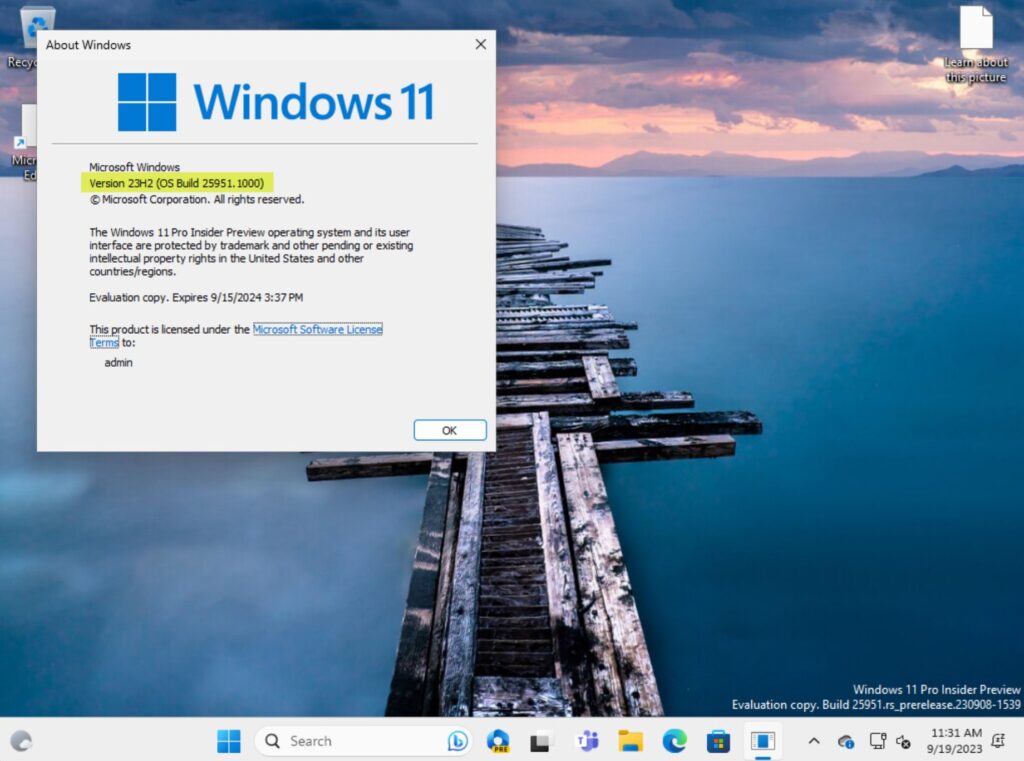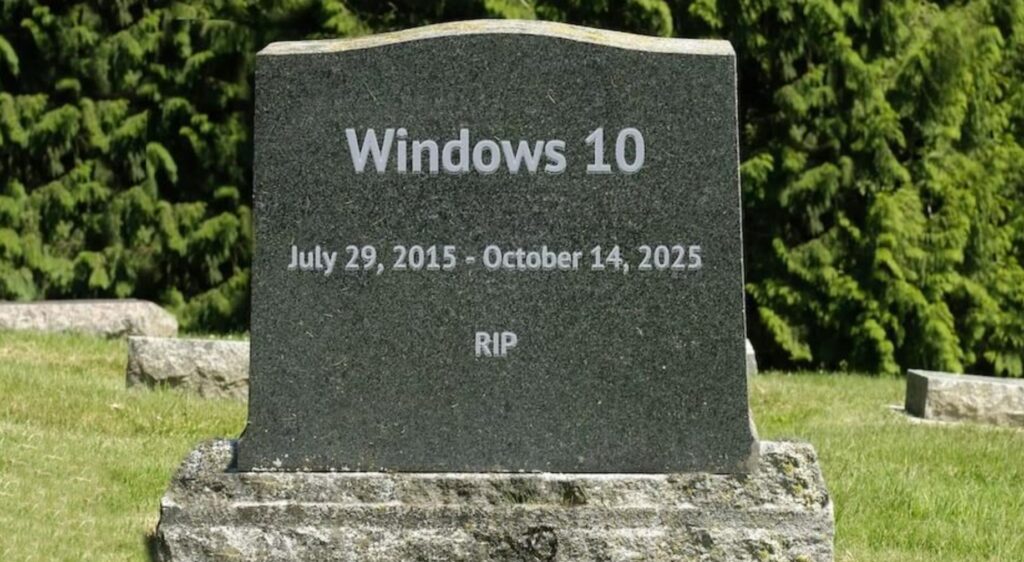Windows 11 has been around for about three years now, receiving several major updates since its launch in October 2021. In the past, a Windows version lasting three years would suggest it might be due for replacement soon. However, based on what we’ve seen with Windows 10, Windows 11 is likely to stick around for much longer. That said, there are a few things users should be aware of regarding Windows 11’s support timeline.
Different feature updates have varying support periods.
The first thing to know is that Windows 11 has been getting major feature updates once a year, at least so far. Windows 10 also received these updates, but they came about every six months. This means that while Windows 11 initially launched on 5th October 2021, there have already been significant updates like version 22H2 and version 23H2, adding new features.
In addition to these new features, each Windows 11 update has its own support cycle. According to Microsoft, each version of Windows 11 is supported for 24 months after release if you have the Home or Pro edition, or 36 months for the Enterprise and Education editions.

For instance, the first release of Windows 11, which launched on 5th October 2021, had its support end in October 2023 for the Home and Pro editions. But if you’ve upgraded to Windows 11 version 22H2, you’re covered until October 2024. The newer version 23H2 will be supported until November 2025. If you’re using the Enterprise or Education editions, you can add an extra year to those dates. This is part of Microsoft’s modern Windows lifecycle policy.
Since feature updates are free and relatively easy to install, most users don’t need to worry about losing support when their current version reaches the end of its lifecycle. Microsoft will simply prompt you to upgrade to the latest version of Windows 11 to continue receiving support.
Does Windows 11 have an end-of-support date?
Take Windows 10 as an example—despite ongoing updates, it still has an end-of-support date. Microsoft has stated that they will continue to support this operating system until 14th October 2025, which is about 10 years from the initial release of Windows 10. In practice, this tends to happen with every major Windows version over the years. They receive five years of mainstream support from the release date and at least 10 years of extended support, which is what Microsoft refers to as their fixed lifecycle policy.

So far, every version of Windows has been managed under the fixed lifecycle policy, although Windows 10 also uses the modern lifecycle policy for feature updates.
Windows 11 will follow this approach as well, but currently, there is no end-of-support date set for the entire operating system. If new feature updates continue to be released over the coming years, support could extend much longer, though 10 years is likely the minimum users can expect. Whether Microsoft continues to release feature updates for Windows 11 or moves on to Windows 12 will greatly influence how long support will last.
Long-Term Servicing Channel (LTSC)
Another point for business users is the Long-Term Servicing Channel (LTSC). Releases in this service branch have 10 years of support, regardless. For example, Windows 10 version 1809 was released as Windows 10 2019 LTSC and will be supported until 2029.
Buy Windows 10 Enterprise LTSC 2019 at here: https://123buyonline.au/product/buy-windows-10-enterprise-ltsc-2019/
Buy Windows 10 Enterprise LTSC 2021 at here: https://123buyonline.au/product/buy-windows-10-enterprise-ltsc-2021/

Microsoft has announced that Windows 11 LTSC will be released in the second half of 2024. This release will be based on Windows 11 24H2, which is still in development. When released, Windows 11 LTSC will be supported for 10 years, meaning users will be covered until the end of 2034.
In summary, if you buy a computer running Windows 11, you can expect solid support in the near future. There will be a major feature update each year, and eventually, you’ll need to install these updates to extend your support period. Generally, Windows 11 will be supported for about 10 years, provided you’ve installed the latest feature updates.
Read more: Windows 10 Retirement: What You Need to Know Before the 2025 Deadline


